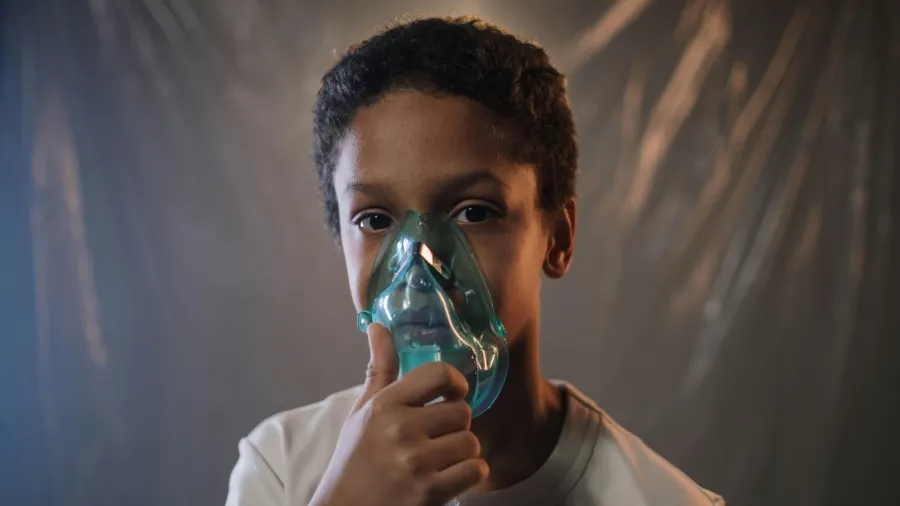
Photography: cottonbro studio via Pexels
Current treatments focus on eosinophilic asthma and ignore non-eosinophilic types.
As biologic therapies for severe asthma develop, challenges remain in treating type 2 helper T-cell (T2) hypoasthma, a subtype that lacks typical biomarkers of inflammation, GlobalData said.
The company noted that patients with T2 hypoasthenia lack eosinophils and immunoglobulin E (IgE), which complicates diagnosis and treatment. Current treatments also focus on eosinophilic and allergic inflammation, reducing options for patients with non-eosinophilic or neutrophilic asthma.
“Reliable biomarkers and treatments targeting this neglected subpopulation of asthma patients are urgently needed. Emerging therapies like depemokimab represent a promising step forward, but more research and development is critical, ” said Sravani Meka, senior pharmaceutical analyst at GlobalData.
“To truly meet the needs of patients with T2 low asthma, a concerted effort must be made to improve diagnosis, develop targeted treatments and ensure better access to care. Only in this way can we significantly improve asthma management for all patients, regardless of asthma subtype How,” Meka added.
Join the Asian Healthcare Magazine Community
Now that you're here…
….There are many ways you can work with us to promote your company and connect with your customers. Our team can help you plan and create print and digital advertising campaigns on this website and in the print magazine.
We can also organize real-life or digital events for you and source thought-leader speakers and industry leaders (who may be your potential partners) to attend your events. We also run a number of awards programs that give you the opportunity to be recognized for your achievements during the year, and you can join as a participant or sponsor.
Let us help you drive business development through good partnerships!




